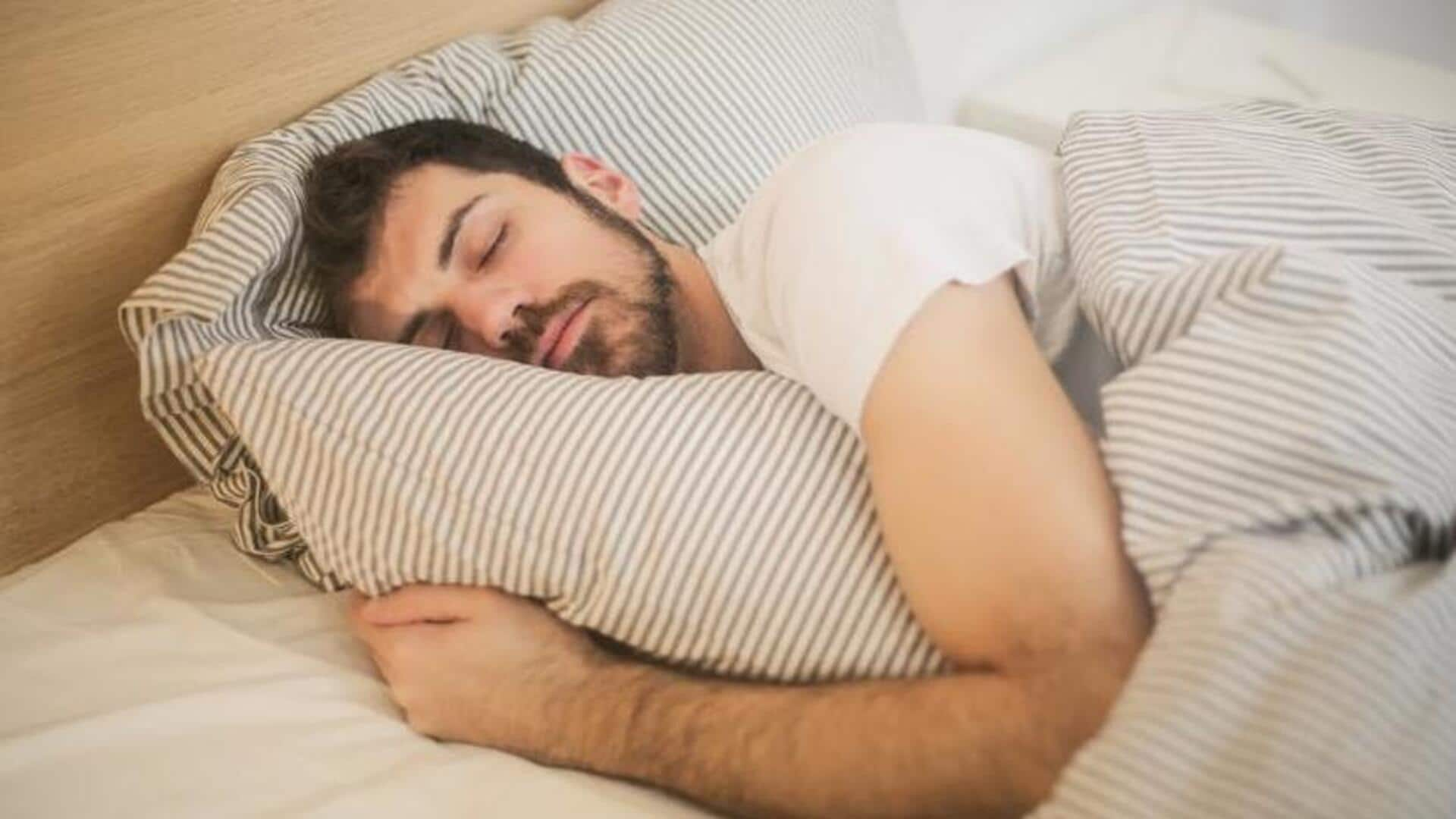
Unveiling the truth about the full moon and sleep
What's the story
Most of us have encountered stories and superstitions about the full moon's supposed influence on our behavior and health. One of the most common claims is that a full moon can negatively affect our sleep. Is there any truth to this belief, or is it just a myth? Let's delve into the science behind this phenomenon.
Myth 1
The myth of lunar insomnia
The notion that a full moon dramatically interferes with sleep is a widespread myth not backed by robust scientific evidence. Research indicates that any sleep alterations during a full moon are minimal and inconsistent among individuals. Artificial lighting and individual routines significantly affect sleep quality far more than the lunar cycle.
Myth 2
No werewolves here: Just science
A related belief is that people become more agitated or act strangely during a full moon (think werewolf stories). However, large-scale studies have debunked this myth as well, finding no significant correlation between the lunar cycle and changes in human behavior or mental health. Much like the moon's supposed influence on sleep, these ideas seem to be rooted more in folklore than in scientific reality.
Myth 3
Counting sheep not affected by moonlight
Many argue that the enhanced illumination on a full moon night inherently disrupts one's slumber. Contrarily, contemporary studies invalidate this claim, as the majority of individuals slumber in environments where external light, be it lunar or terrestrial (streetlights etc.), is effectively obstructed by curtains or blinds. Hence, attributing sleep disturbances solely to lunar luminosity is implausible.